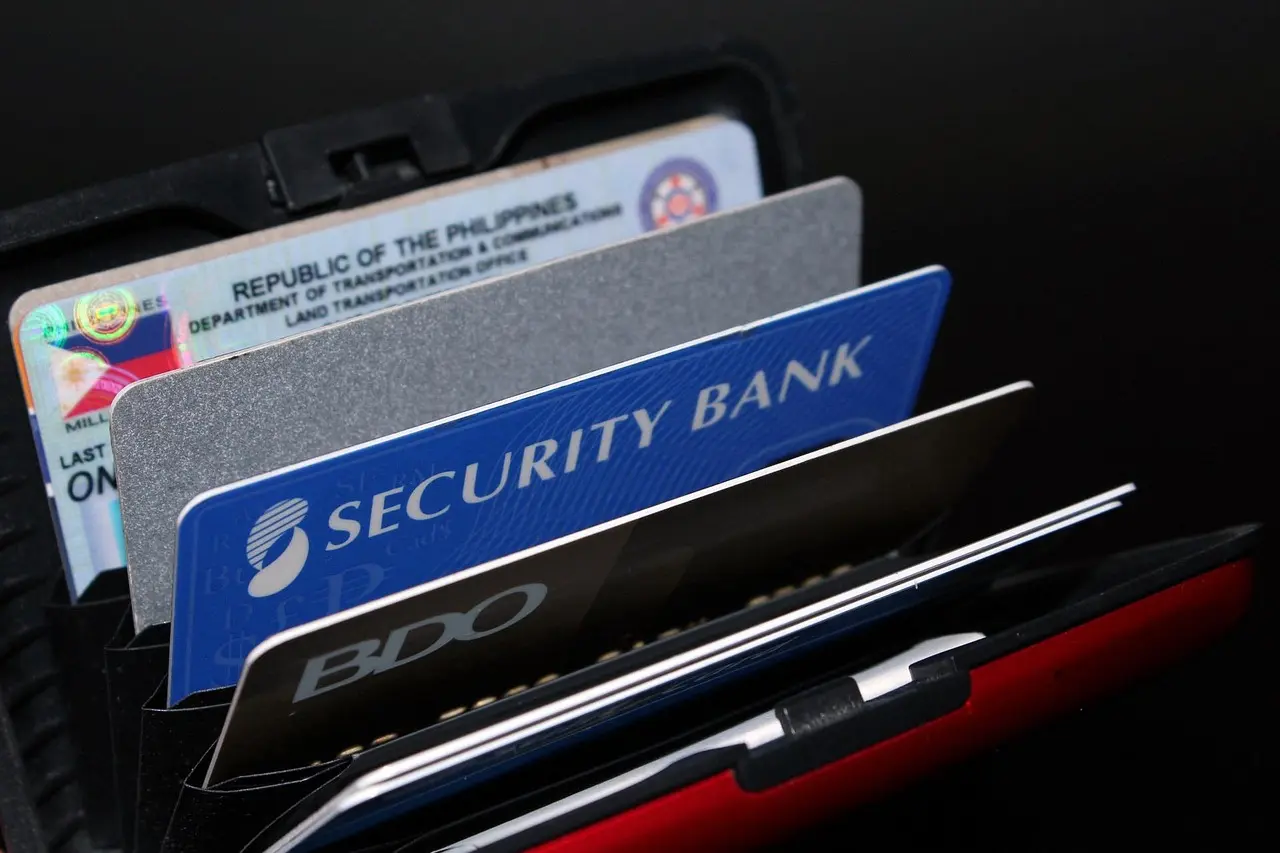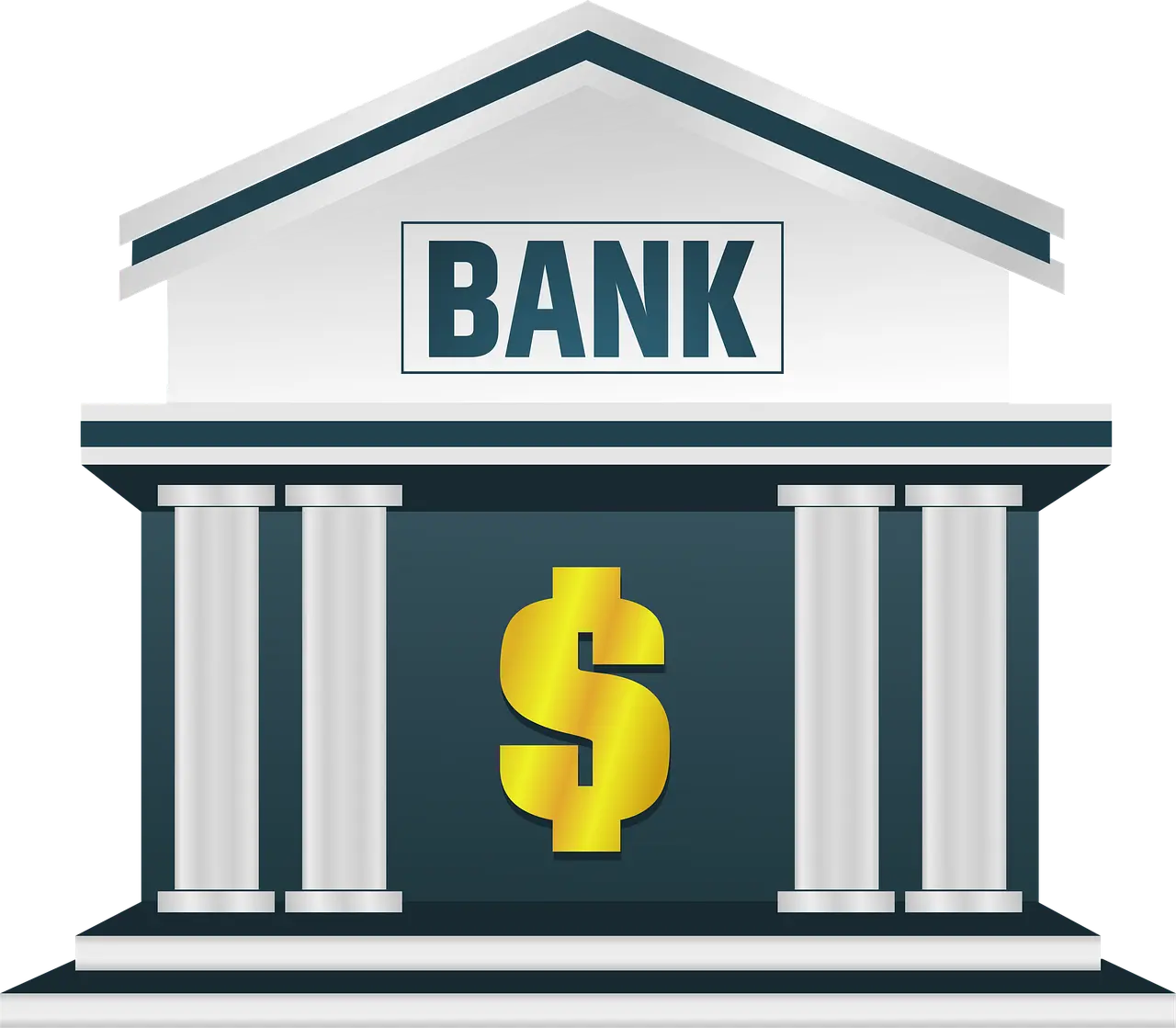Stacking credit cards is a smart money move. You use several cards to get the most rewards, perks, and cash back. But you gotta plan it out and watch your spending. Otherwise, you might end up with nasty high-interest debt.
Table of Content
- How to choose best cards for credit card stacking
- Managing multiple credit card payments effectively
- Credit score impact of credit card stacking
- Maximizing sign-up bonuses without overspending
- Balancing annual fees with reward benefits
- Using credit card stacking for travel hacking
- Avoiding common credit card stacking mistakes
- Ethical considerations in credit card stacking
- Leveraging business cards for personal stacking
- Tax implications of credit card rewards
- Combining credit card stacking with budgeting apps
- Future trends in credit card stacking strategies
- Summary and action plan for credit card stacking
Love traveling for free or chasing cashback? Knowing how to stack cards right can save you serious money. Here are 12 things you should know to stack cards like a pro.

Credit Card% & 15%
- Probably a stupid question that’s been asked one hundred times.
- I’m assuming I could combine the 10% credit card discount, and this weekends 15%?
FIRST CREDIT CARD ADVICE
- Hello all Im a 19 year old student with no credit card history with a 785 credit score I want to get ahead and open a credit card as i would like to further improve my credit score.
- I want a card i can keep till my mid 20s and something i don’t have to think about a lot.
- Just tap, stack my points (if it comes with it), improve my credit score and just have a clean history and overall good impression on my record.
- I’ve done some research and narrowed it down to the platinum cash-back card and the gold card.
- GOLDEveryone I’ve seen says get the Gold as it has more points or and its overall better.
- Furthermore, one person said that you can switch cards when the 2nd year comes and it’s time to pay.
Five Guys Credit: Gift Card
-
mamahastoletgo2: I did this as well. Went to the store and bought a gift card. I can use it for myself or gift the gift cards to people.
-
WookieMonsterTV: You’re right about saving up a years worth just for a meal lol What stinks is you can keep reloading the same gift card 🥴 so you have to buy a brand new gift card each trip, and for my husband and I that’s 2 gift cards a month.
-
Boy69BigButt: So I bought a Five Guys burger and forgot to activate the benefit. I did activate it two hours later though. Do I have to go back to Five Guys for the credit? I never received this email.
-
jsttob: Just curious, why not use Grubhub or Uber Eats? You can select “pickup” from local restaurants and avoid the delivery fee & tip.
Credit card suggestion: 1.5L/pm Salary
- Around 10-13k on zomato ( I recently moved away from Swiggy as my orders were not getting delivered due to no delivery person being assigned.
- 15k on upi spends (so dining out sometimes comes under this).
- Idfc millinia LTF wala card (for upi)I was thinking to apply for amex plat travel card.
- 1-2 domestic airport lounge access per quarter and may be 1 intl as well (optional)2.
- Good conversion ratio so I can stack to get better discounts.
- I’d rather have immediate discount on bill rather than some free flight after years or some discounted stay at a random hotel.
What’s your current Credit Card Stack?
-
roxy342: 1. World elite Westjet mastercard for free bags and companion voucher2. Scene passport infinite for lounge passes3. Amex Cobalt as the daily driver4. Scotia momentum infinite for chexy
-
Raknirok: Amex bonvoy__ free night awardMbna world elite__ grocerys food and hydroRogers world elite_ All other categories WS Visa infinite___ when I’m getting to far ahead with Rogers cardCostco MC __ for fuel purchases
-
AdventurousOil8382: I have TD all inclusive banking plan so TD Infinite Cash back visa with no annual fee and 3% cash back. Just need to have 6k minimum balance so no fees of any-kind.
-
Ancient-Ad-2821: Amex cobalt and CIBC Aeroplan Visa infinite are the main ones I use. Also have the Costco CIBC Mastercard for Costco
New grad looking for credit card recommendations!
- I work full-time remotely in software and currently have no major debt outside of a ~$1,000 balance on my Discover IT Student card (which I plan to pay off completely with my next paycheck).
- Now that I’m earning a regular income, I want to start building a more optimized credit card stack.
- I’m open to applying for multiple cards over time if it helps me maximize rewards.
- In the next year, I plan to move into Chicago, likely with a friend, though I’m also considering getting a 3-bedroom so I can have a dedicated WFH office.
- I expect rent to be around $2,800/month, and I’m willing to pay via credit card.
- I also plan to travel regularly (both internationally and domestically) and attend music festivals.
How to choose best cards for credit card stacking
Picking the perfect combo of cards is step one for good stacking.
First, figure out how you spend and what you want to achieve. Eat out a lot? Grab a card like Chase Sapphire Preferred® that gives great dining rewards.
If you travel often, go for cards with miles or hotel points – Amex Platinum is a solid pick. Don’t forget cards with extra perks like no foreign fees or travel coverage. Pro tip from users: mix a flat-rate cashback card (like Citi Double Cash) with a category card (like Discover it®) for max rewards. And always check the small print – watch for annual fees, interest rates, and when rewards expire.

Managing multiple credit card payments effectively
Handling lots of cards gets crazy if you don’t have a payment plan.
Auto-pay is a lifesaver – at least set it for minimum payments to skip late fees and credit hits. Lots of folks use apps like Mint or YNAB to keep track of payments and spending.
Here’s another smart move: sync up your billing cycles to make payments easier. For example, Sarah, a credit card stacker from Texas, shares, I called my card issuers to sync my due dates right after payday. It’s made managing five cards way less stressful. Also, knock out high-interest cards first to save money. Keep in mind – you want rewards, not debt.

Credit score impact of credit card stacking
People often worry – does stacking cards hurt your credit?
Getting several cards fast can ding your score briefly – too many checks and your accounts look new. But if you’re smart – keep balances under 30% and pay on time – your score will bounce back.
One Redditor saw their score jump from 680 to 750 in a year by stacking right. Play it safe – apply for new cards every 3-6 months and keep old accounts open for credit history. Tools like Credit Karma help you keep tabs.

Maximizing sign-up bonuses without overspending
Sign-up bonuses are the best part – they can be worth $200 to $1,000!
But don’t go crazy spending just to hit those bonus targets. Time it right – apply when you’ve got big buys coming up, like home fixes or holiday gifts.
Take Mark – he got the Southwest card before his family trip and hit the $3,000 spend no problem. Or put regular bills on the card – stuff like utilities or Netflix – to reach spending goals naturally. Do the math – is the bonus worth the annual fee? Sometimes you should switch to a free card after year one.

Balancing annual fees with reward benefits
Watch out – annual fees can chew up your rewards if you’re not careful.
High-fee cards (e.g.
, $550 for the Chase Sapphire Reserve®) often justify their cost with travel credits, lounge access, or elevated rewards rates. Run the numbers: If a card’s annual fee is $95 but offers $300 in annual travel credits, it’s a net gain. Users say stick with 1-2 fancy cards and fill in with free ones. Like Emily in Seattle – she uses Amex Gold ($250) with free Capital One SavorOne for food and fun. Check your cards often – dump or downgrade the duds before renewal time.

Using credit card stacking for travel hacking
Travel hacking is stacking’s cool cousin – using points for fancy trips.
Cards like Chase Sapphire Reserve® and Amex Platinum let you move points to airlines/hotels, sometimes with big bonuses. Check this – Jessica turned 60,000 Chase points into a $1,200 Tokyo flight through United.
For best deals, use flexible points and partner transfers. Also, consider regional airline cards (e.g., Delta SkyMiles®) if you’re loyal to a specific carrier. But seats go fast – book early and be flexible.

Avoiding common credit card stacking mistakes
Even pros mess up sometimes.
Big mistake – not tracking spending on all cards, then missing payments or going over budget. Others forget to activate rotating bonus categories (e.
g., Discover it®’s 5% cashback quarters). One guy lost $150 in rewards by not activating on time. Applying for too many cards fast? That’ll get you rejected for too many credit checks. Go slow – 1-2 cards every six months max. And never carry a balance – interest kills your rewards. As financial expert Clark Howard advises, Treat credit cards like debit cards—only spend what you can pay off.

Ethical considerations in credit card stacking
While credit card stacking is legal, ethical lines blur with practices like manufactured spending (e.
g., buying prepaid cards to hit bonuses).
Banks will close your account if you abuse it – like one guy who moved $50k in a month. Good stacking means spending normally within your budget. Think green too – go paperless and skip new cards unless you really need them. Support issuers with eco-friendly initiatives, like Amex’s partnership with Parley for the Oceans to create cards from recycled materials. Stack smart for lasting benefits – no shady tricks.

Leveraging business cards for personal stacking
Business credit cards (e.
g., Ink Business Preferred®) can supercharge stacking with higher bonuses and separate credit limits.
Even if you’ve just got a side gig – freelancing or selling on eBay – you might qualify. These cards typically don’t appear on personal credit reports, minimizing score impact. Take Raj – he scored 100k Chase points using an Ink card for his design software. Just be honest about your income – fibbing can get your account shut down. Watch out – some business cards don’t have the same protections as personal ones.

Tax implications of credit card rewards
Generally, credit card rewards aren’t taxable as they’re considered rebates, not income.
But there are exceptions. Sign-up bonuses for business cards tied to specific spending (e.
g., spend $5,000, get 50,000 points) might be taxable if classified as 1099-MISC income. When in doubt, ask a tax pro. One CPA shared a case where a client’s $1,200 bonus triggered an IRS inquiry because the bank issued a 1099. Points from debt forgiveness? That might be taxable too. Keep good records and play it safe.

Combining credit card stacking with budgeting apps
Budgeting apps are a stacker’s best friend.
PocketGuard sorts spending by card, AwardWallet watches expiry dates. One user loves Tiller for auto-tracking 12 cards.
Stay safe – use apps that connect via API, don’t share passwords. Some apps like CardPointers tell you which card to use at checkout. Integration reduces mental load; as stacker Liam notes, Before apps, I wasted hours spreadsheeting. Now, I check one dashboard.

Future trends in credit card stacking strategies
The stacking landscape evolves with fintech innovations.
Expect more dynamic rewards (e.g.
, real-time bonus adjustments based on spending) and AI-driven card recommendations. Crypto rewards cards (e.g., BlockFi Visa) are gaining traction, though volatility is a risk. Banks may also tighten approval algorithms—data suggests Chase’s 5/24 rule (denying applicants with 5 new cards in 24 months) is being adopted by others. Sustainable stacking will grow, with cards like Aspiration offering carbon-offset rewards. Staying adaptable is key; follow forums like r/CreditCards for real-time updates.

Summary and action plan for credit card stacking
Credit card stacking is a powerful tool when executed thoughtfully.
Start by assessing your goals—travel, cashback, or a mix. Research cards that align with your spending, apply strategically, and always pay balances in full.
Use apps to streamline management and stay informed about rule changes. Remember, the aim isn’t to collect cards but to optimize financial benefits sustainably. Ready to begin? Pick one starter card today, and gradually build your stack. For deeper dives, explore resources like The Points Guy or NerdWallet’s card comparisons. Happy stacking!